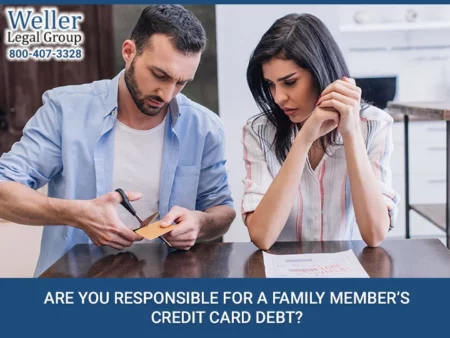Are You Responsible for A Family Member’s Credit Card Debt?
If you click on any of the advice columns related to family relationships, you will discover several queries about relationships that got strained due to money. Various members of a family put each other to shame talking about the financial decisions they did not approve of. Poorer relatives do not like the wealthy ones because they are not generous with them, especially, for repaying credit card debts. In most cases, the eagerness of a family member to insert the chip or swipe the card doesn’t Read More +



